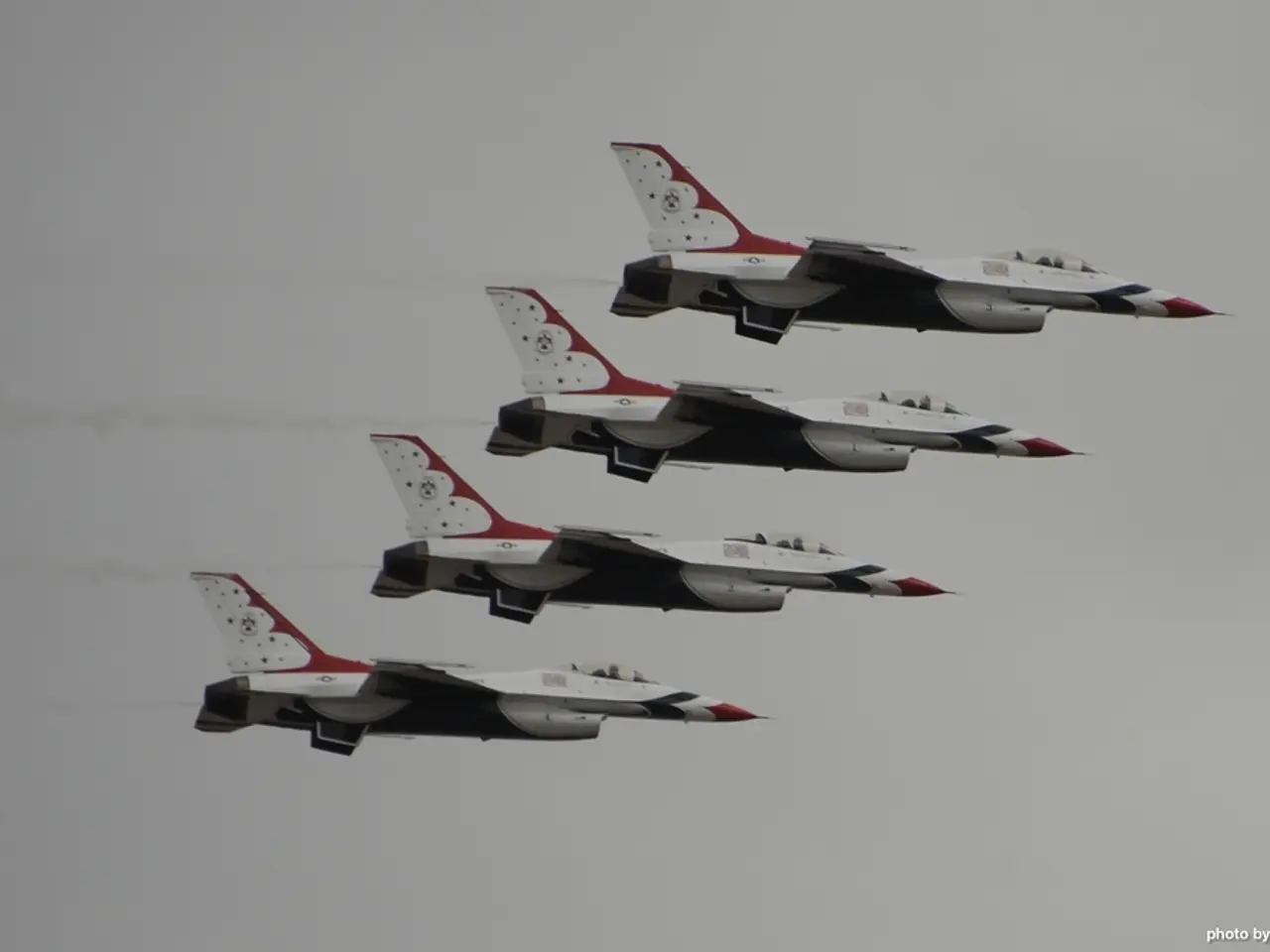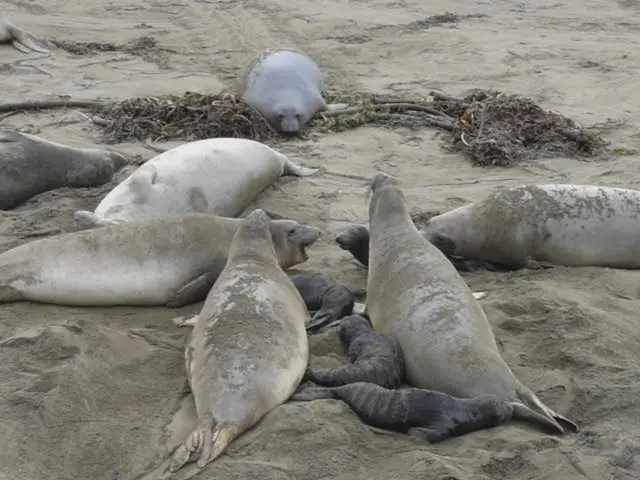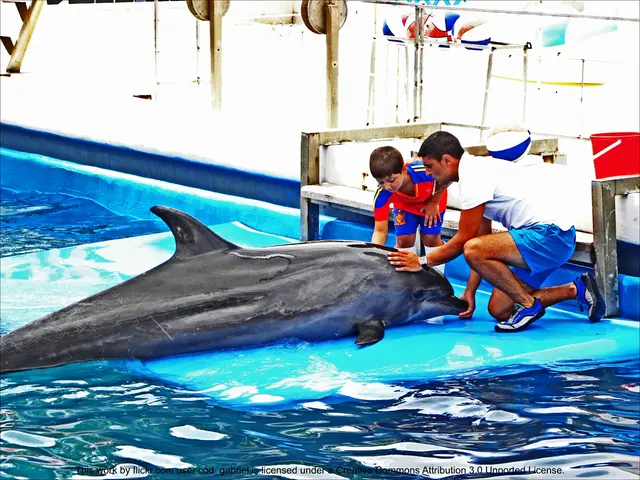NATO's Estonian member has requested the invocation of Article 4 from its Charter.
In a significant development, Estonia has requested consultations with NATO due to an airspace violation by Russian fighter jets over the Baltic Sea. The incident, which involved three MiG-31 fighters, has been treated as a serious matter by both the Estonian government and the European Union.
The aircraft remained in Estonian airspace for 12 minutes, causing concern and prompting a swift response from NATO. The alliance intercepted the Russian aircraft during the intrusion, and the incident is being discussed at the highest diplomatic levels in the EU and NATO.
The Estonian Prime Minister, Kristen Michel, described the airspace violation as 'absolutely unacceptable,' while the EU's top diplomat, Kaja Kallas, previously described the incident as 'an extremely dangerous provocation.' Kallas further emphasized that Russia was testing the West's resolve.
The airspace violation is being seen as a test of the West's resolve by Russia, according to Kaja Kallas. She also noted that the incident underscores the need for continued vigilance and cooperation among NATO member states, particularly those in the Baltics, in response to Russian provocations.
In response to the airspace violation, the Government of Estonia has decided to appeal to NATO for consultations in accordance with Article 4 of the NATO Treaty. This move is likely a response to the escalating tensions and serves as a clear message to Russia that such actions will not be tolerated.
The airspace violation is being addressed by the Estonian government through this request for consultations with NATO. The specific consequences imposed on Russia are not detailed in the available information, but the increased NATO military presence in the region suggests a firm response.
This incident comes at a time of heightened tension between Russia and the West, with both parties engaging in a series of diplomatic and military manoeuvres. The airspace violation is a stark reminder of the need for continued dialogue and cooperation among NATO member states to maintain peace and security in the region.
As the situation continues to unfold, it is expected that more details will emerge regarding the nature and extent of the response from NATO and its member states. The airspace violation serves as a reminder of the importance of diplomacy and the need for a united front in the face of potential threats to peace and security.







